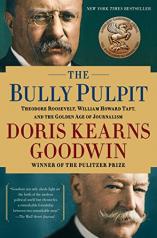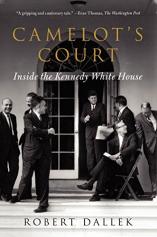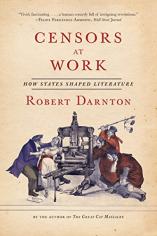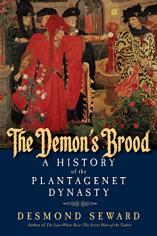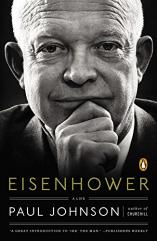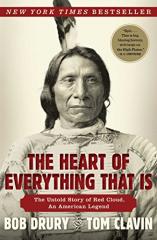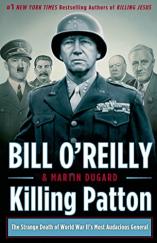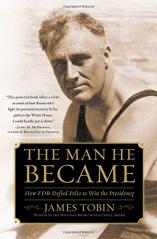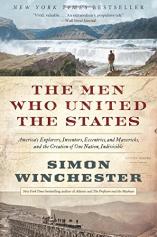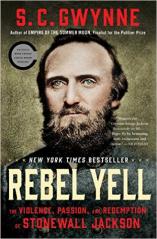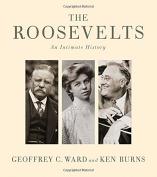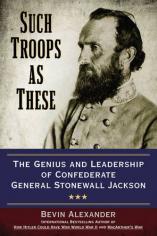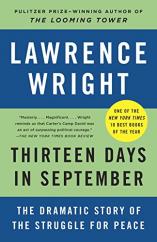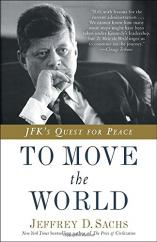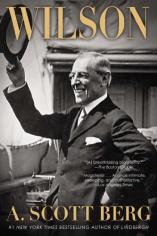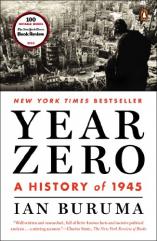September 2014
History Books Roundup: Reliving the Past
September 2014

September’s roundup of History titles includes THE ROOSEVELTS: An Intimate History, Geoffrey C. Ward and Ken Burns’s companion volume to the seven-part PBS documentary series, which presents an intimate history of Theodore, Eleanor and Franklin Delano Roosevelt and features a whopping 796 photographs (some of which have never been seen before); Bill O’Reilly and Martin Dugard’s KILLING PATTON, which takes readers inside the final year of World War II and recounts the events surrounding General George S. Patton’s tragic demise, naming names of the many powerful individuals who wanted him silenced; DEATH OF A KING, Tavis Smiley and David Ritz’s revealing and dramatic chronicle of the 12 months leading up to Dr. Martin Luther King, Jr.'s assassination; and SUCH TROOPS AS THESE, in which acclaimed military historian Bevin Alexander offers a fresh analysis of Stonewall Jackson’s military genius and reveals how the Civil War might have ended differently if Jackson’s strategies had been adopted.



